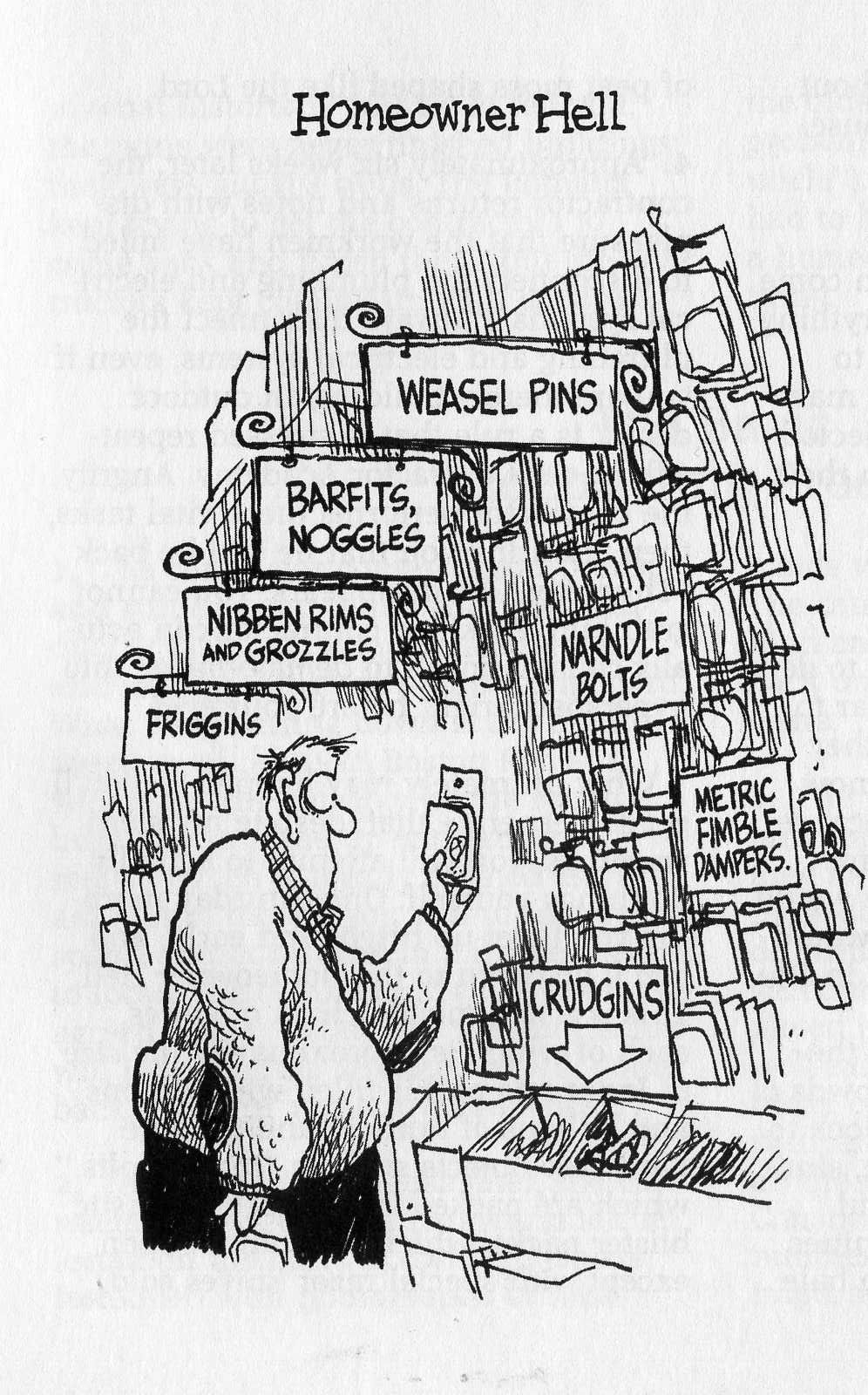As you might recollect, this book was made into two films. One was made in the Eastern bloc the year I was born; the other starred George Clooney and was made in 2002. I haven’t seen either, but I remember it was a big deal because it represented something of the pinnacle of Eastern European science fiction.
The result is a mixture of Event Horizon, The Forge of God, and The Unbearable Lightness of Being. All it lacks is aliens bare of anything but a bowler.
To recap: a scientist rockets out to a scientific station orbiting the planet Solaris, which has an ocean which might be a sentient thing inscrutible to humans. The scientist finds out that his mentor has committed suicide, and that his two fellow residents of the space station fear phantasms apparently spawned by the ocean below. Soon, his ex-girlfriend who committed suicide begins to appear to him.
Gimlet said, “i liked lem’s idea that alien intelligence is probably incomprehensible to us, and vice versa.” I tell you what, kids, it’s not just the alien intelligence that is incomprehensible to me. The actions of the people on the station don’t rise above the level of “healthy cyphers” either. Instead of huddling together, one locks himself in the lab with whatever phantasm the ocean spawned for him, the second drinks himself blind and pops up sometimes to counsel the protagonist, and the protagonist goes to the library and researches 80 years of scholarship regarding the planet while musing about his relationship with his ex. Who is there, partly, recreated from his memories by the ocean below.
Instead of trying to communicate through the avatars, the scientists try to dispose of them (we’re told) and go mad. We’re not told what they’re supposed to represent, what the others’ phantasms are, or anything like that. No, the scientists, when they come together, theorize and then make up experiments. Then, the book sort of ends when the protagonist’s phantasm gets some degree of self-awareness and ‘kills’ itself.
Frankly, it’s not the sort of book that I prefer to read, and I only got out of it the ability to say I’ve read it and that I’ve grappled with the author’s point. I had more trouble grappling with the author’s writing, though. You cannot blame the substance on the translator.
So if you’re a Serious Student of Eastern European or Science Fiction Literature, it’s probably for you. Otherwise, stick to the Star Trek novels.
Books mentioned in this review:



